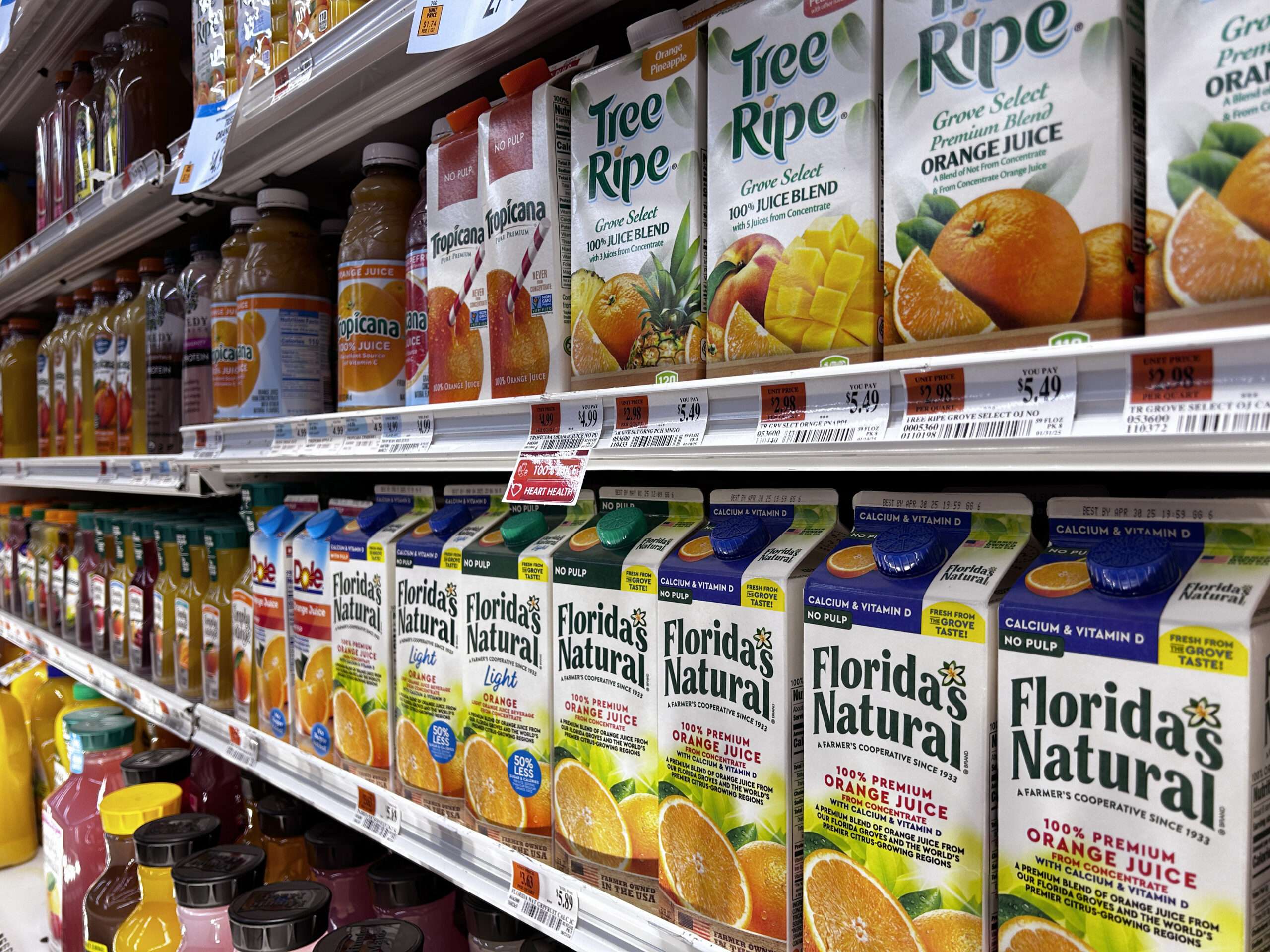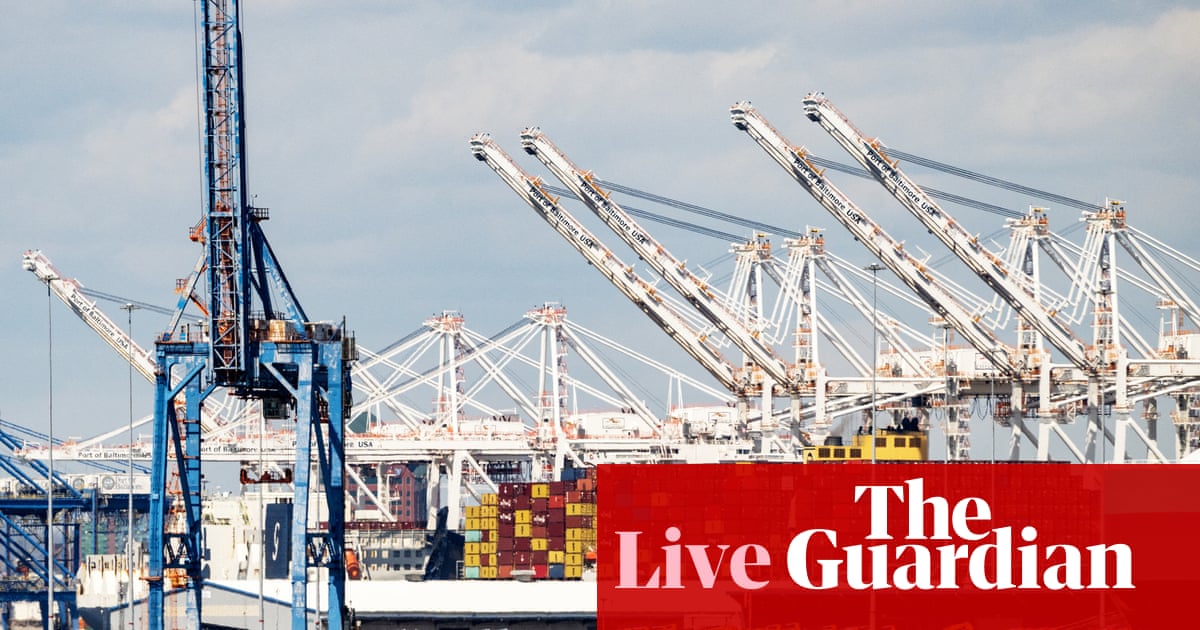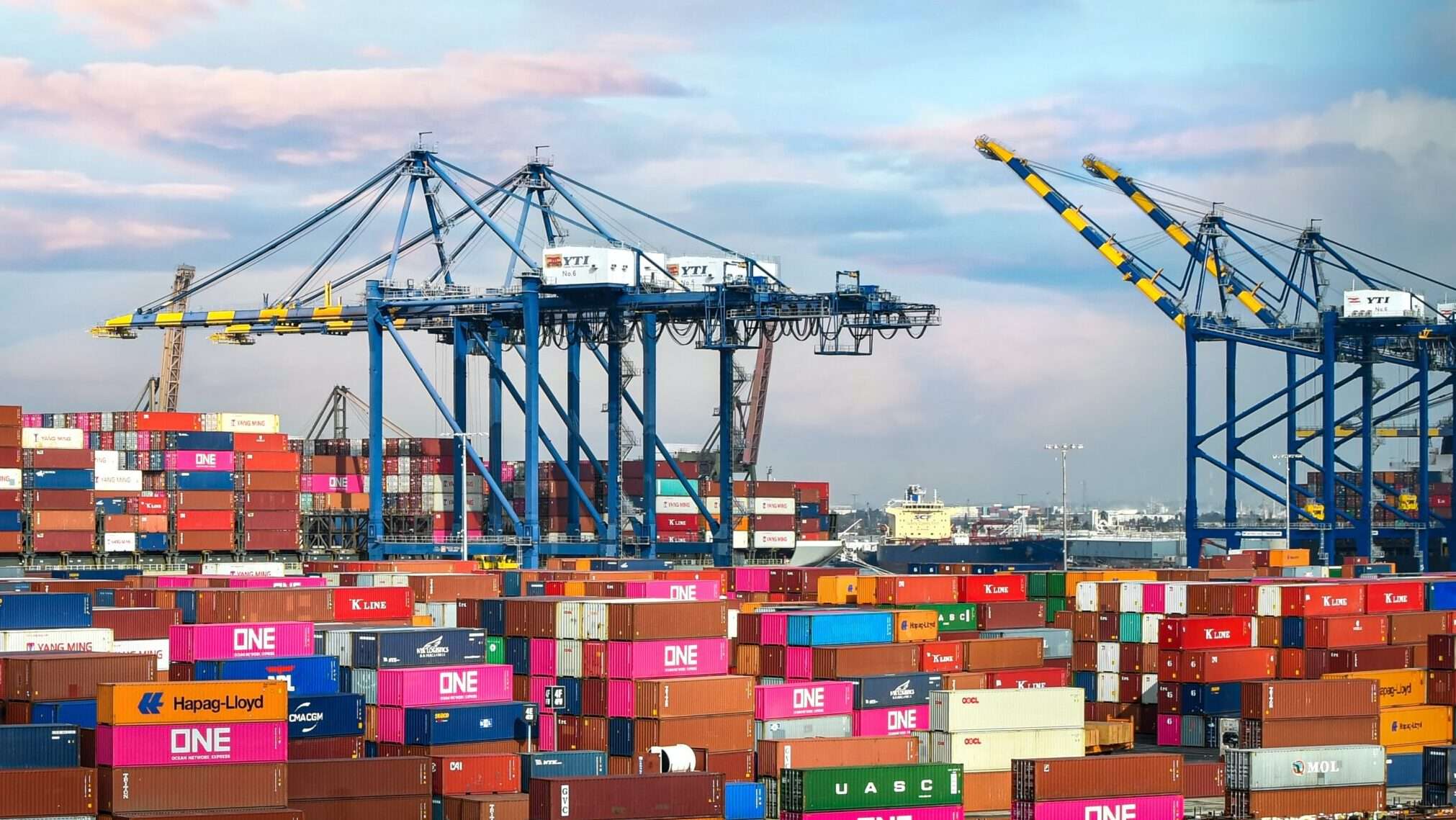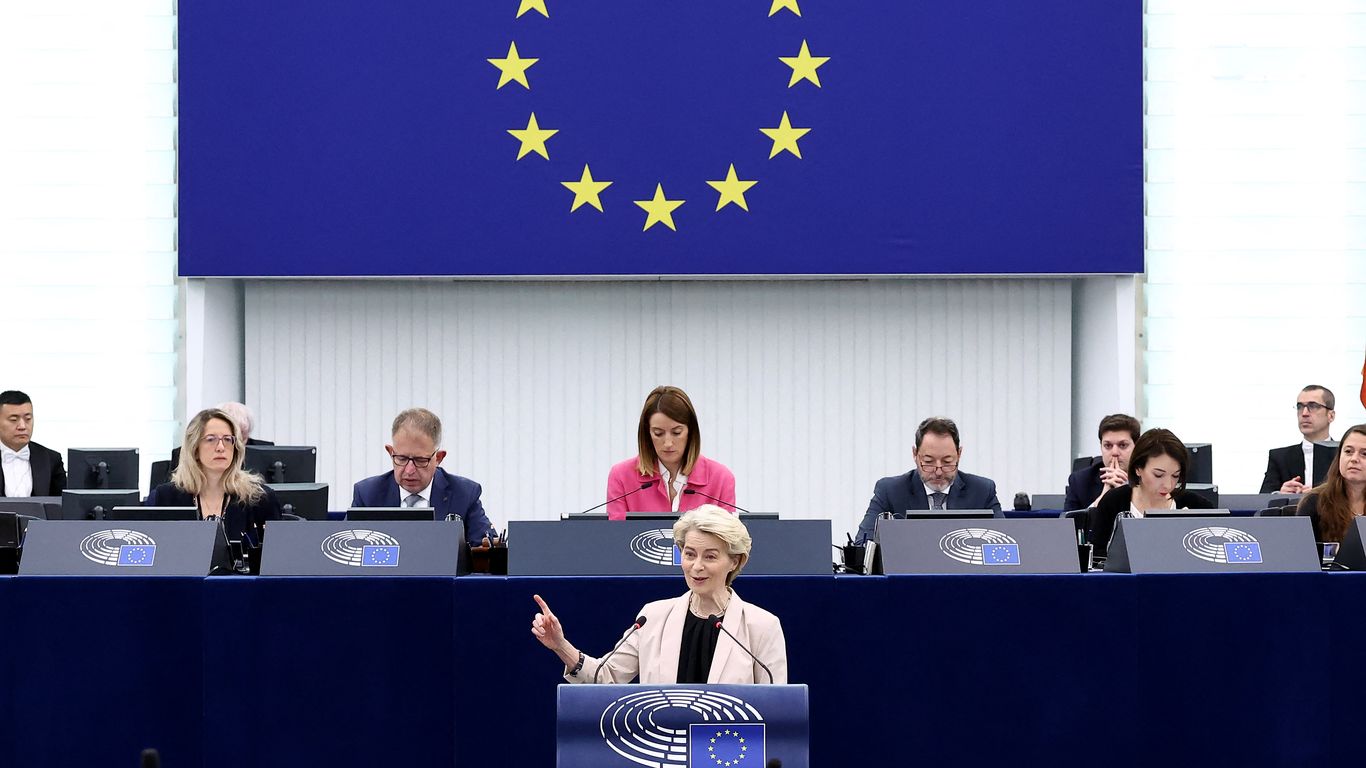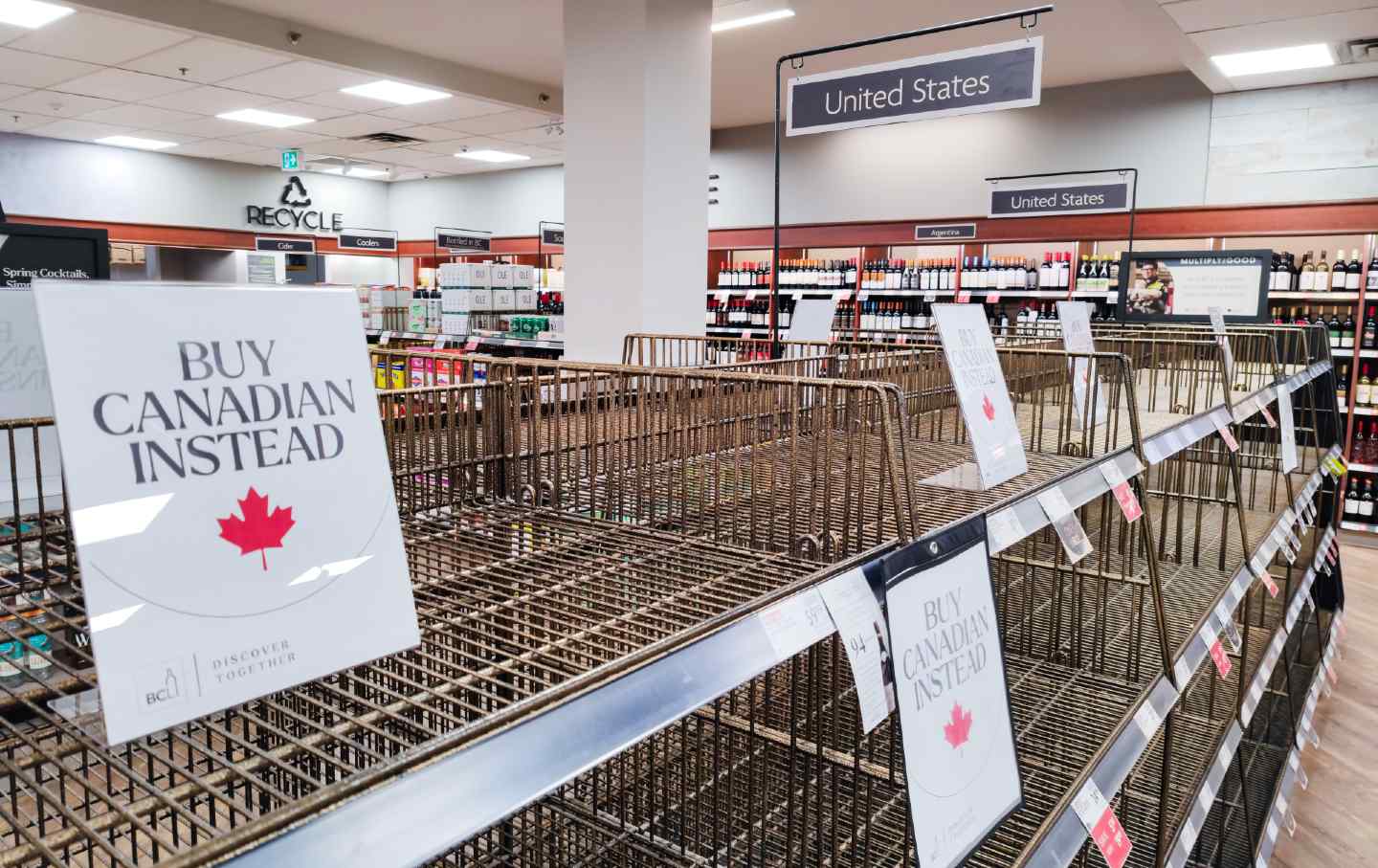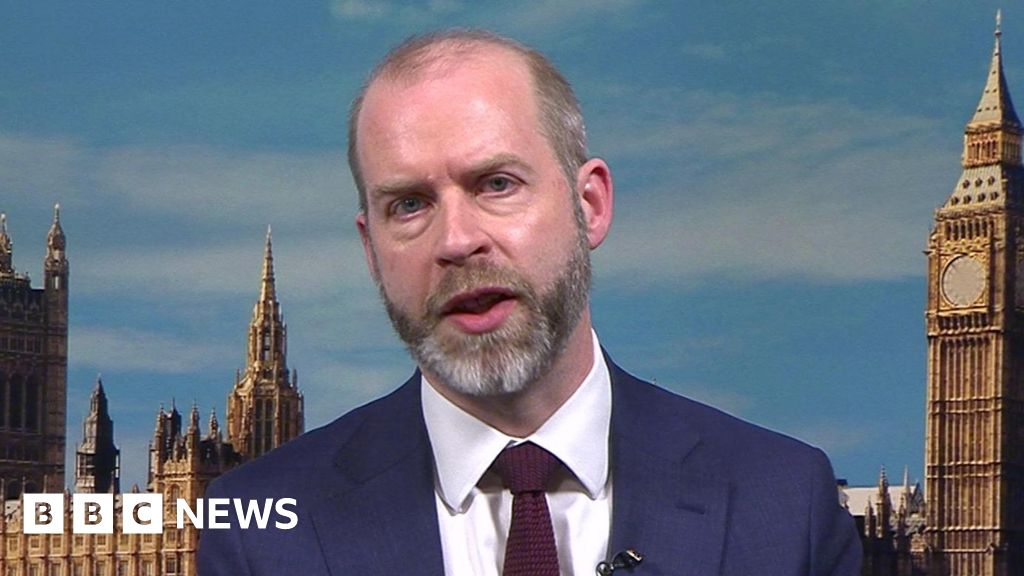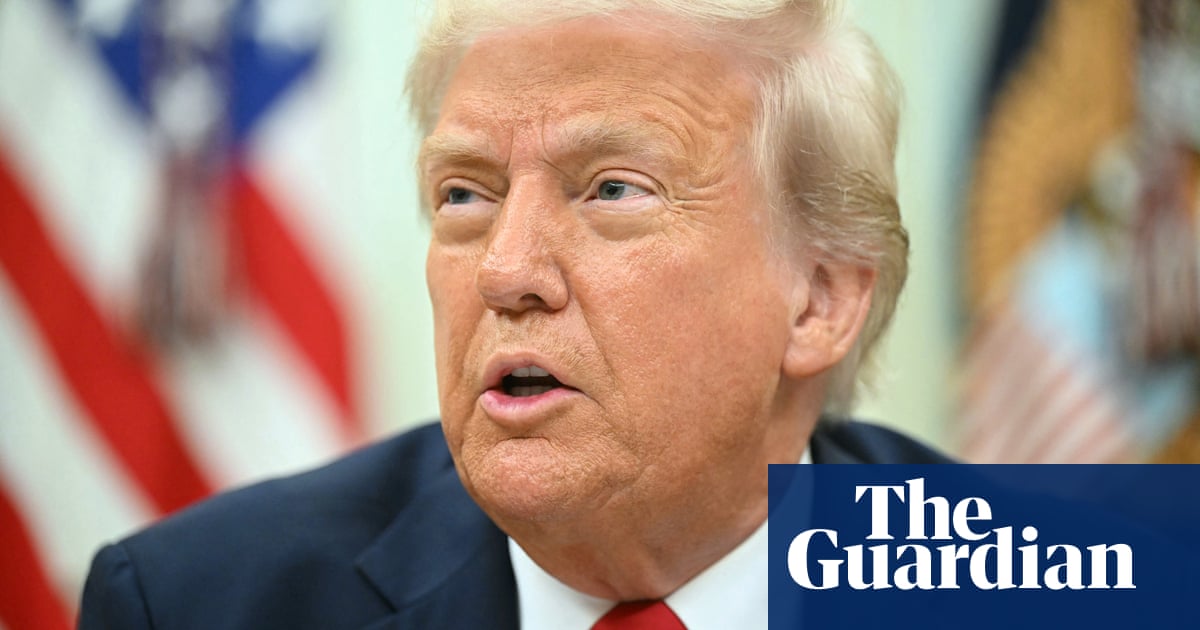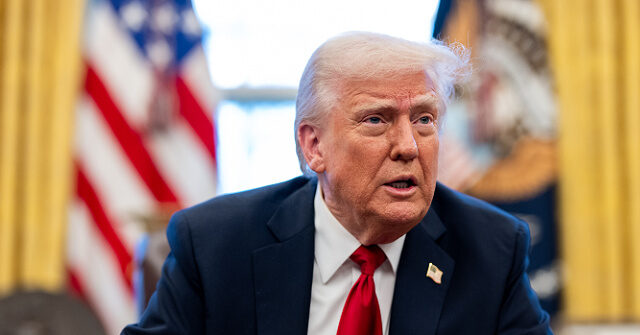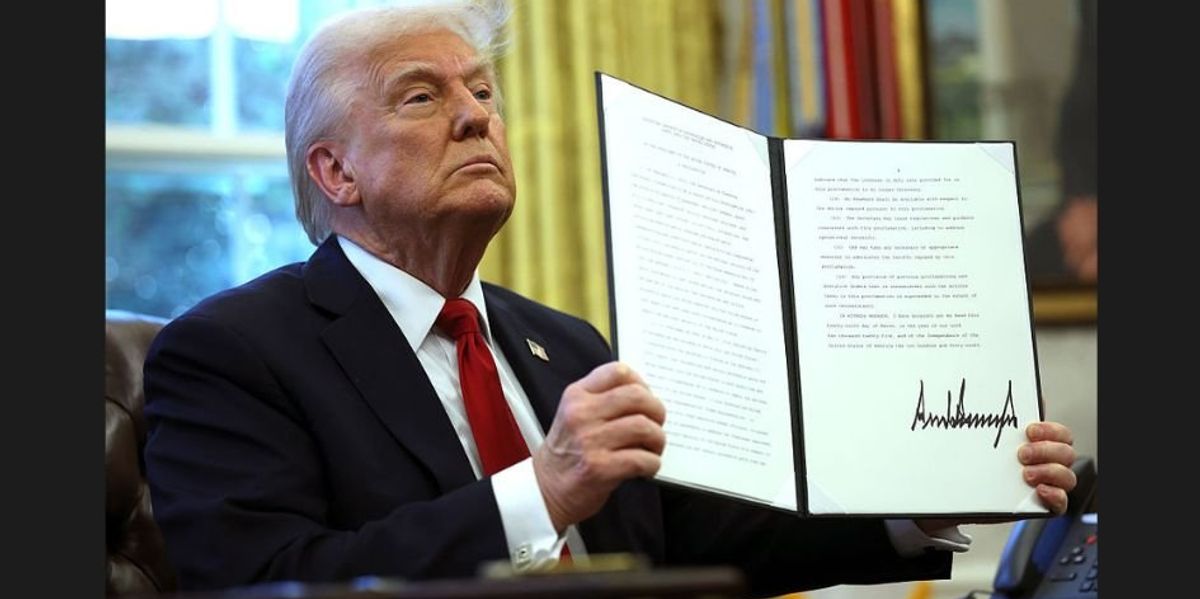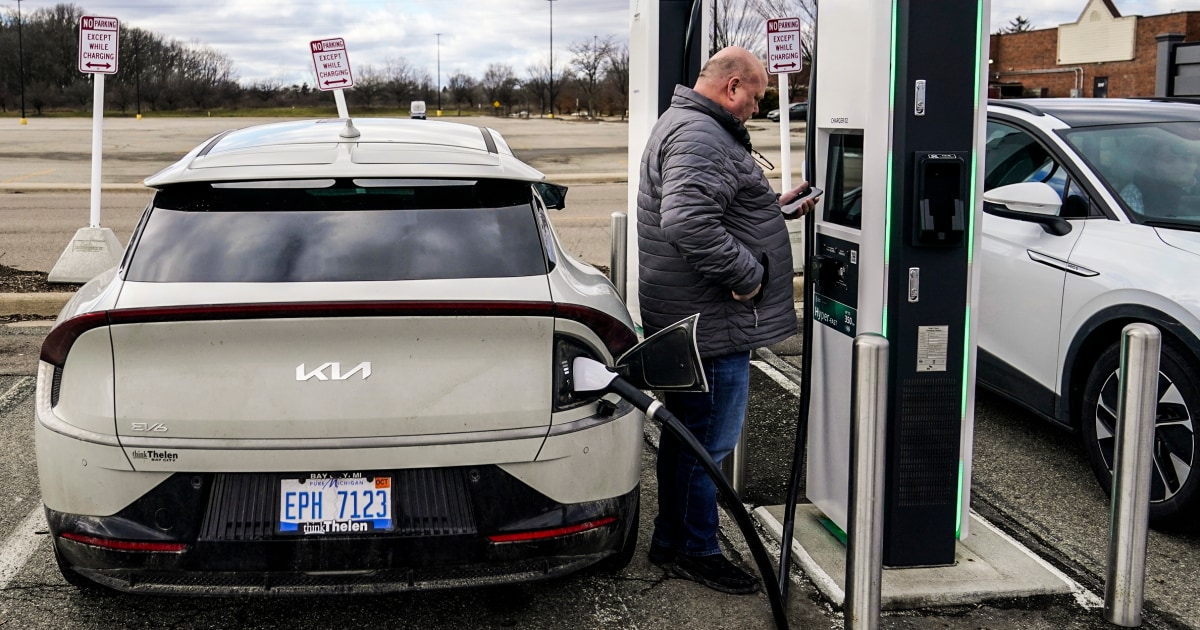Trump Readies New Tariffs on Car Imports Amid Escalating Trade Tensions
On April 2, President Trump will announce new 25% tariffs on car imports, leading to strong responses from Canada and the EU.
Overview
President Trump is set to announce a 25% tariff on car imports, termed 'Liberation Day,' on April 2. In retaliation, Canada vows to impose tariffs if affected by new U.S. measures. Prime Minister Mark Carney stated, "We will respond to additional measures." The EU is preparing to retaliate against $28 billion worth of U.S. goods, while Japan seeks an exemption for its automakers. Amid increasing trade tensions, the U.S. Senate may vote on a bill to reverse existing tariffs on Canada, complicating negotiations. As global economic repercussions loom, experts warn these tariffs could lead to inflation and recession.
Report issue

Read both sides in 5 minutes each day
Analysis
- Trump's tariffs are aimed at matching foreign duties to protect U.S. industries and reduce reliance on foreign goods, though the specifics of implementation remain unclear with concerns growing from both domestic and international stakeholders about potential economic repercussions, especially in light of retaliatory plans from the EU and other countries.
- While economists warn that such tariffs may hurt consumers through higher prices and uncertainty, the administration touts potential revenue from tariffs as a way to provide tax benefits for Americans. However, ongoing trade tensions and reciprocal tariffs from other nations could undermine long-term economic growth.
- The uncertainty surrounding Trump’s tariff policies is causing significant market fluctuations, raising fears among both business leaders and economists about possible recessionary impacts, as evidenced by recent financial market reactions following tariff announcements.
Articles (50)
Center (30)
FAQ
The new 25% tariff will apply to imported passenger vehicles, including sedans, SUVs, crossovers, minivans, cargo vans, light trucks, and key automobile parts such as engines and transmissions.
Canada's Prime Minister Mark Carney has pledged to implement retaliatory tariffs on U.S. goods if Trump escalates the trade war, targeting approximately $155 billion worth of imports from the U.S.
Japan's Prime Minister Ishiba is in discussions with U.S. officials to secure an exemption for Japanese automakers like Toyota and Honda from the new tariffs on car imports.
Economists warn that the new auto tariffs could lead to increased consumer prices, with estimates suggesting that they may add $3,000 to the cost of U.S.-manufactured vehicles and $6,000 for those made in Canada or Mexico without exemptions.
'Liberation Day' refers to April 2, 2025, when President Trump is set to announce the new 25% tariff on car imports as part of his broader trade policy initiatives.
History
- 8M

 4 articles
4 articles
- 8M

 4 articles
4 articles
- 8M

 4 articles
4 articles
- 8M

 4 articles
4 articles
- 8M

 4 articles
4 articles




